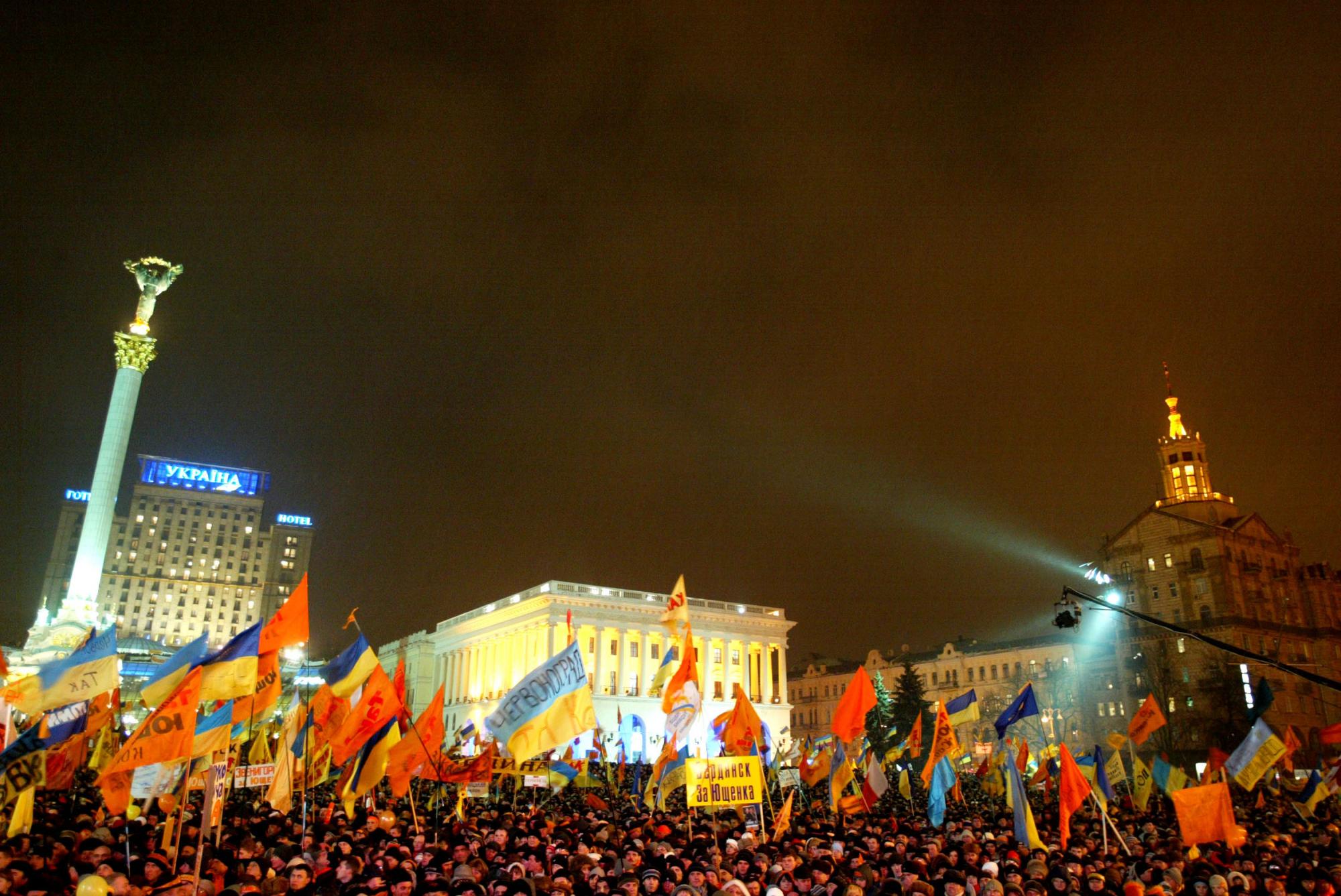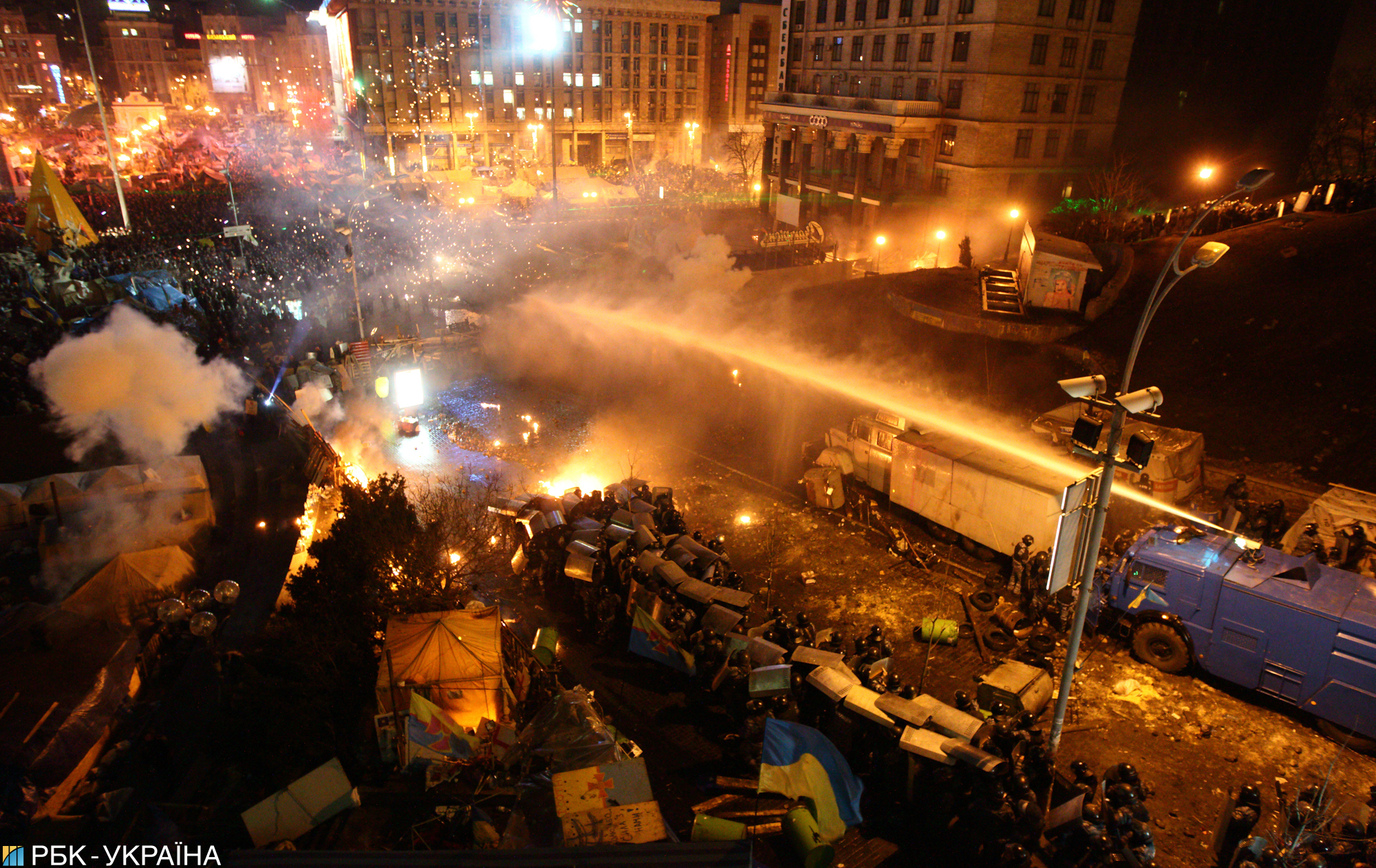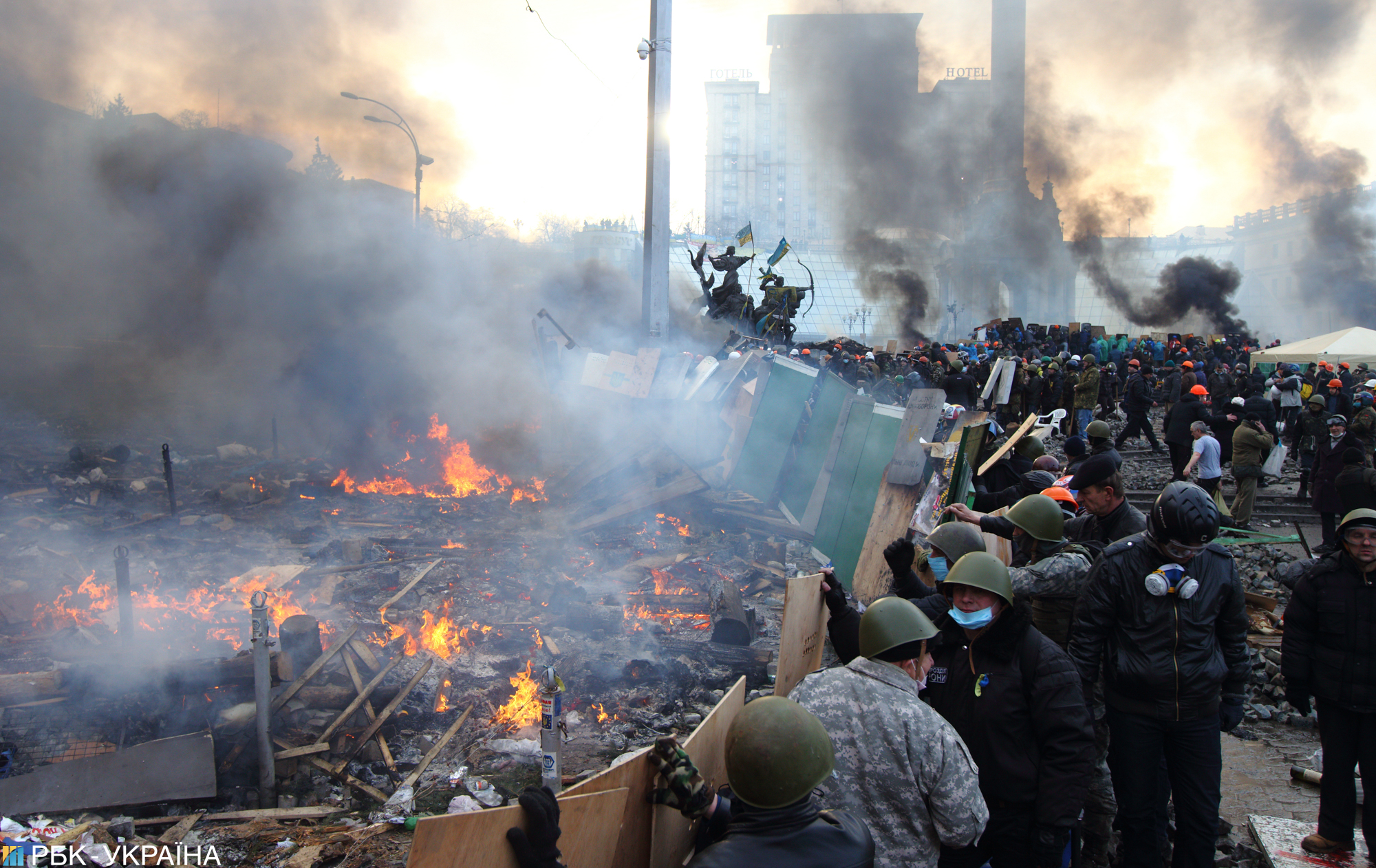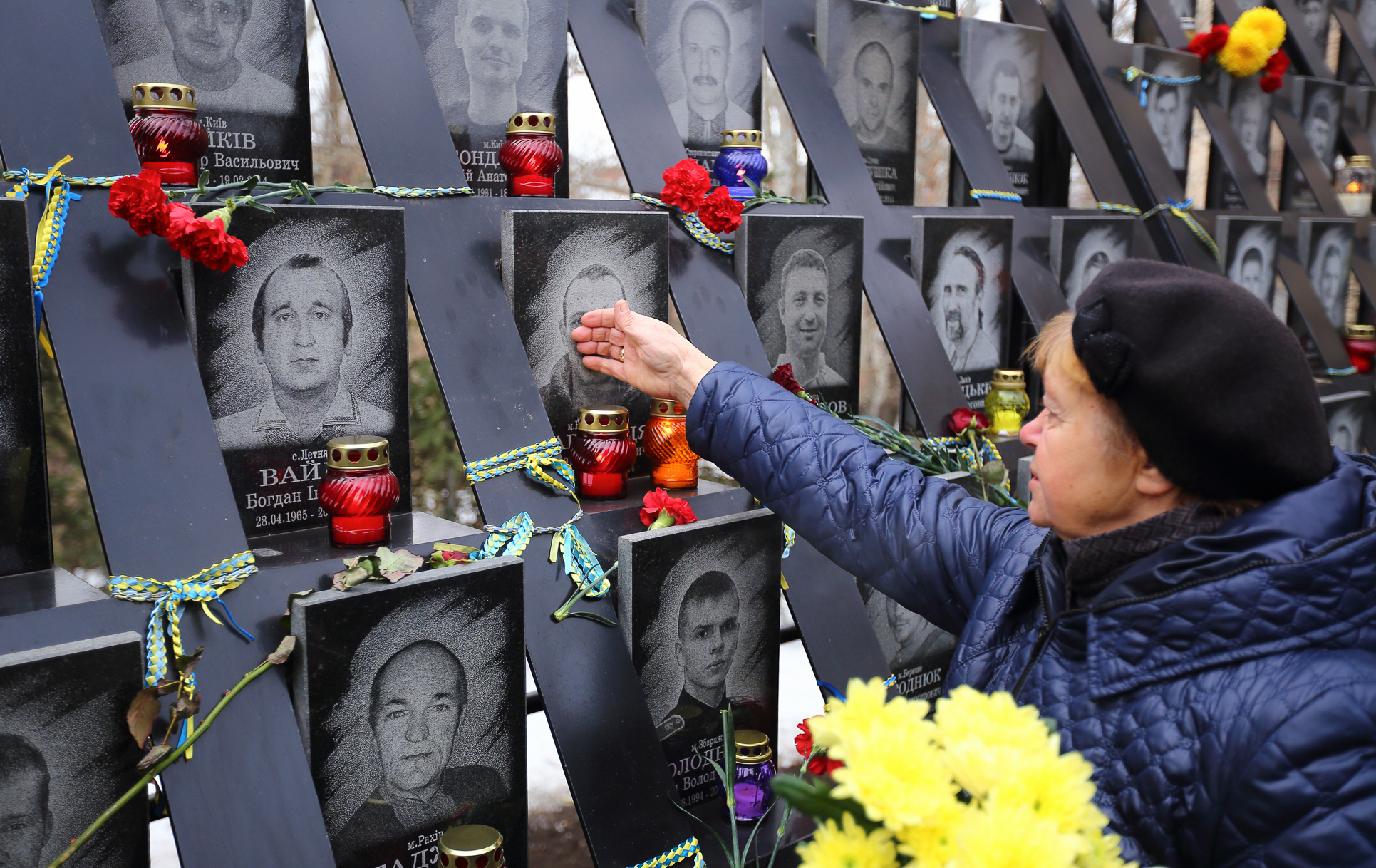Two revolutions, one future: How Ukraine transformed on Day of Dignity and Freedom
 Ukraine marks the Day of Dignity and Freedom on November 21 (photo: Getty Images)
Ukraine marks the Day of Dignity and Freedom on November 21 (photo: Getty Images)
Today, November 21, Ukraine marks the Day of Dignity and Freedom, a date that unites the beginnings of two revolutions that changed the country and defined its European course. On this day, nine years apart, the Orange Revolution of 2004 and the Revolution of Dignity of 2013 began.
How the Orange Revolution started
In November 2004, mass protests erupted nationwide following the second round of the presidential election. The Central Election Commission declared Viktor Yanukovych the winner, but widespread allegations of falsification sparked public outrage.
On November 22, supporters of opposition candidate Viktor Yushchenko took to the streets. Protests spread across major cities, with Independence Square becoming the epicenter.
 The Orange Revolution of 2004 (photo: Getty Images)
The Orange Revolution of 2004 (photo: Getty Images)
Under the pressure of unprecedented civic mobilization, the Supreme Court ruled that a second round of voting would be held. Based on its results, Yushchenko became President of Ukraine.
In 2005, he established a new national holiday, known as the Day of Freedom.
Path to the Revolution of Dignity
Six years later, in 2011, the then-president Viktor Yanukovych canceled the Day of Freedom. And two years after that, his decision to suspend preparations for signing the EU Association Agreement became the catalyst for the second revolution.
On November 21, 2013, the first protesters (students and activists) gathered on Maidan. By November 24, more than 100,000 people had joined the march for European integration.
During the night of November 30, security forces violently dispersed the youth. This became a turning point. The protests grew from pro-EU demonstrations into a nationwide anti-government movement.
 Yanukovych's government violently dispersed youth on Independence Square in 2013 (photo: RBC-Ukraine)
Yanukovych's government violently dispersed youth on Independence Square in 2013 (photo: RBC-Ukraine)
Most tragic days of the revolution and Yanukovych's escape
On February 18-20, 2014, the deadliest clashes took place in central Kyiv. On Instytutska Street, snipers killed more than 70 protesters. These people later became known as the Heroes of the Heavenly Hundred.
The night of February 22 marked the end of the regime when Yanukovych fled Ukraine.
 The Revolution of Dignity in Kyiv (photo: RBC-Ukraine)
The Revolution of Dignity in Kyiv (photo: RBC-Ukraine)
Why this day is important
The Day of Dignity and Freedom is not just a historical date. It serves as a reminder of the path Ukraine has taken toward democracy and of the price paid for freedom.
The holiday was established by President Petro Poroshenko on November 13, 2014, with the aim of:
- affirming the ideals of freedom and democracy;
- preserving the memory of the events of the early 21st century;
- honoring the courage and patriotism of Ukrainian citizens;
- recognizing Ukraine's European choice.
It is also a tribute to the fallen heroes of the Revolution of Dignity.
 Honoring the memory of the Heroes of the Heavenly Hundred (photo: RBC-Ukraine)
Honoring the memory of the Heroes of the Heavenly Hundred (photo: RBC-Ukraine)
How it was observed in different years
2014. The first anniversary was tense, as relatives of the Heavenly Hundred expressed frustration with the slow investigation of crimes. Commemorative events were held in Kyiv and across the country.
2015. Conflicts marked the anniversary: in Kryvyi Rih, protests erupted over allegations of election fraud, and in the Kherson region, clashes occurred between activists of the Crimean blockade and security forces.
2020. In the capital, activists organized a car rally to the Feofaniya hospital, where President Zelensky was being treated, and marched along the Alley of the Heavenly Hundred.
What the Day of Dignity and Freedom means today
For Ukrainians, November 21 is a day of national remembrance, a symbol of the struggle for freedom, and a reminder that democratic values must be protected.
Amid the full-scale war, this day has gained new meaning as a continuation of the fight for dignity and freedom that Ukrainians demonstrate every day.
Sources: Ukrainian Institute of National Memory, wikipedia.org, Presidential Decree No. 872/2014 "On the Day of Dignity and Freedom".


